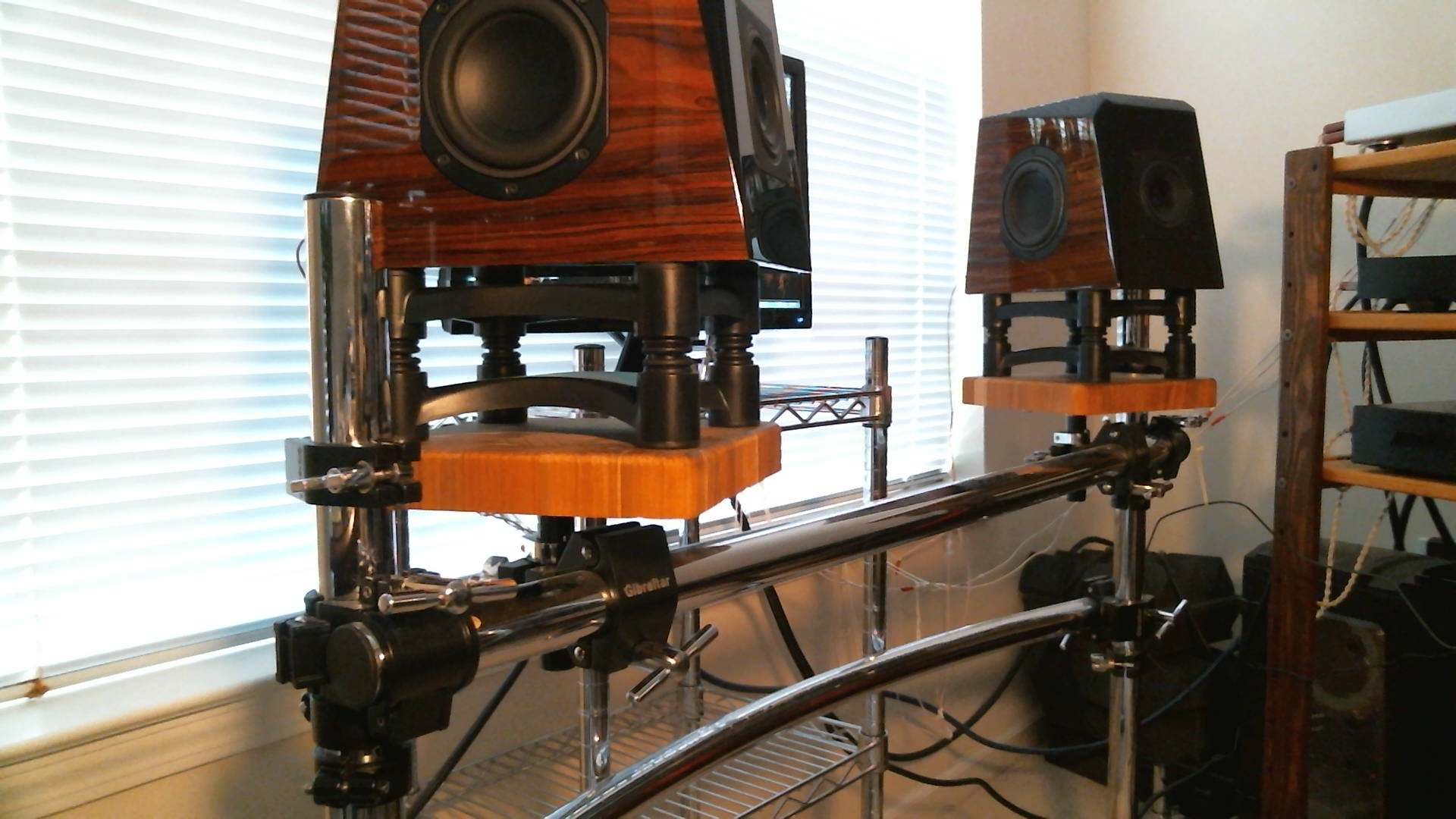kaushama
Headphoneus Supremus
- Joined
- Jun 29, 2004
- Posts
- 1,981
- Likes
- 198
Almost every cable builder seems to be preferring the Litz braids for cable making. Does it give any audio and electrical advantage?
Just simple twisted configurations are inferior except the appearance?
Just simple twisted configurations are inferior except the appearance?






